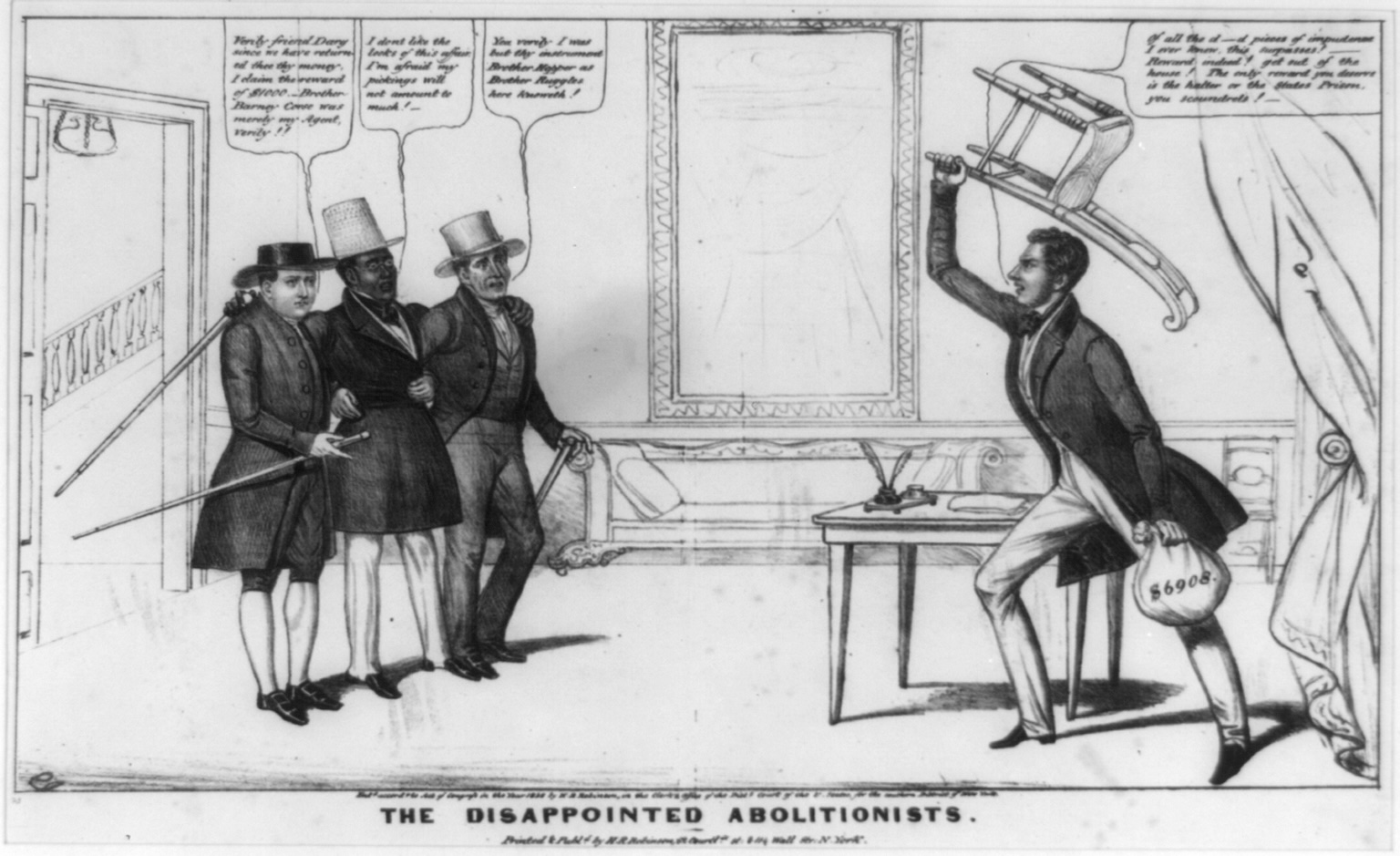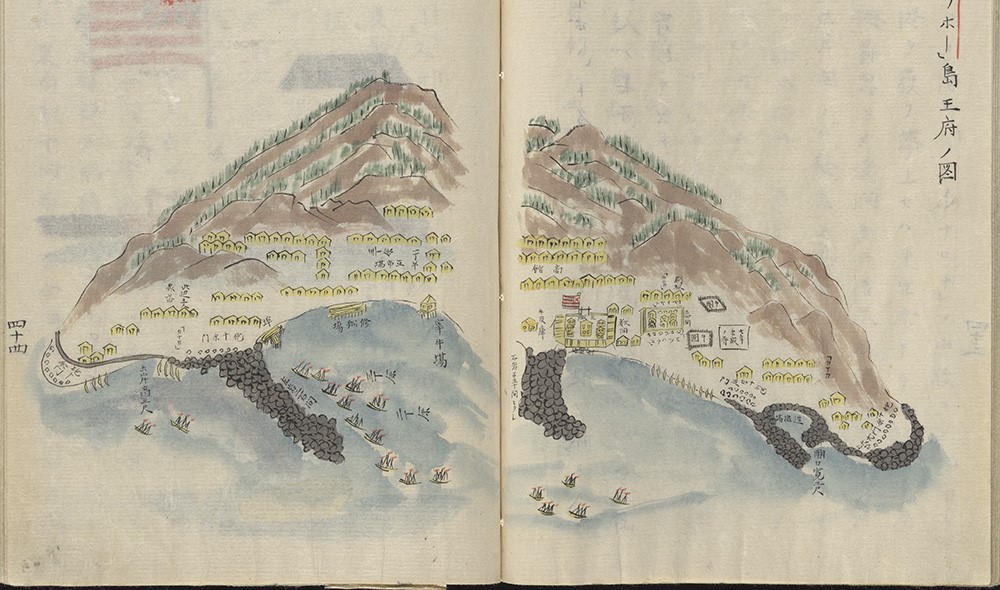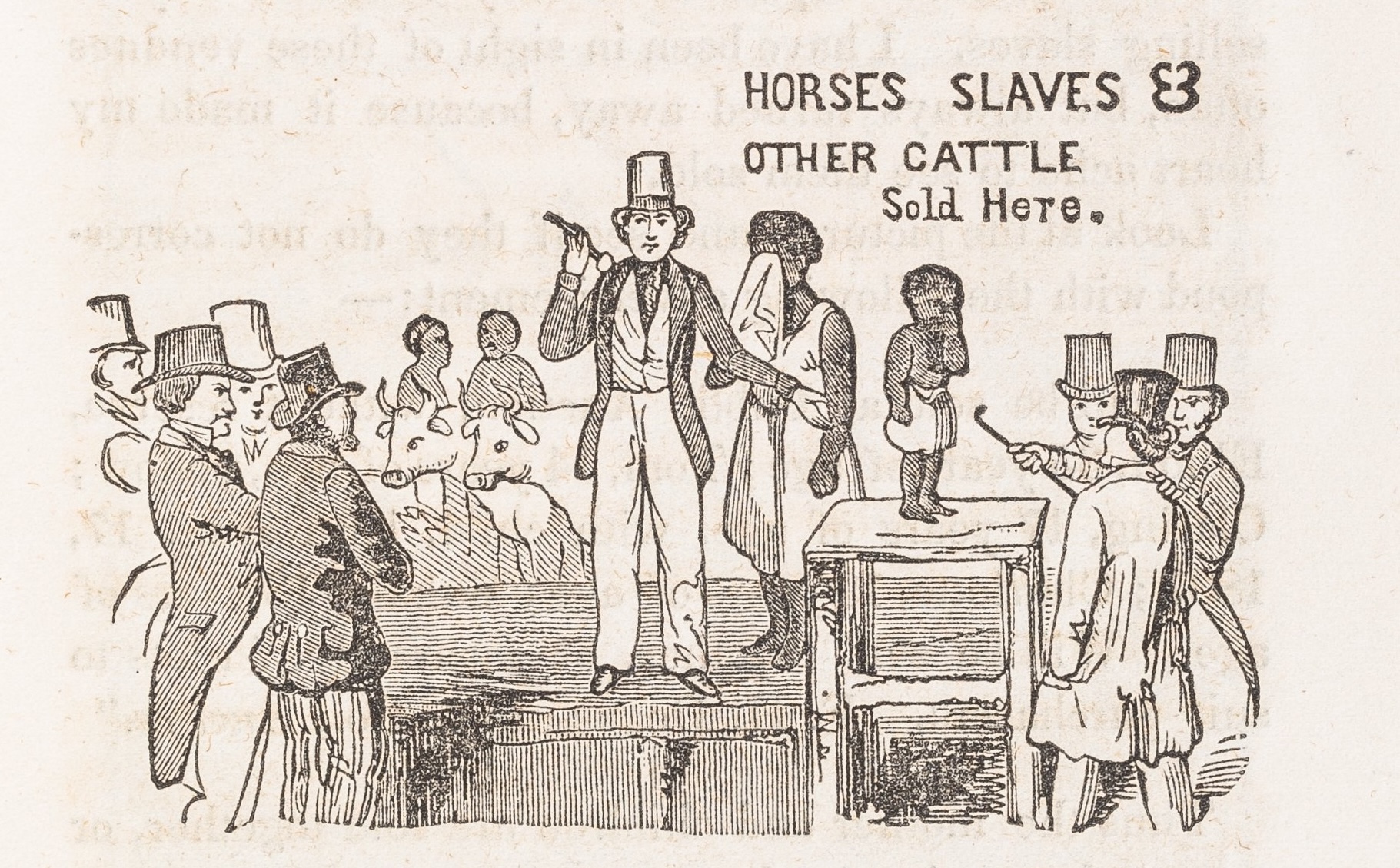Commonplace Style Sheet pdf Download
General Guidelines
Submissions should be approximately 2,000 words in length. Write for an educated, but not necessarily scholarly reader. And write for the Web. Our readers range from history buffs to museum curators, from students to scholars. We aim to provide this readership with lively, sophisticated essays and features. As a digital publication, we are particularly concerned about engaging readers with little patience for reading text on screen. Short paragraphs, clear sentences, and jargon-free narratives make for easy online reading. Strive for prose that’s eloquent, if breezy: serious, but not ponderous.
Review and Editorial Procedure
Commonplace encourages contributions from scholars, educators, curators, archivists, and librarians at all stages of their careers—from graduate students to professors emeriti. We range across interests and disciplines, from art history to archaeology, from politics to parlor manners. It differs in tone: we aim to reach a broad audience of the educated public as well as specialists in the field.
If a submission is accepted for publication, it will be copy edited for conformity to our house style only. Authors will be able to review the copy-edited manuscript before it is available to the public. Substantive editing changes cannot be made at this stage, however. Please make your original typescript as clear and clean as possible.
All authors are required to complete and sign a Commonplace Author’s License Agreement.
Author biographies
Please include with your submission a brief, magazine-style author biography that includes your name, institutional affiliations and departments, and a one to two line statement of major publications and research interests.
Illustrations and Permissions
Authors are responsible for securing photographic and other reproductions, as well as permission to publish them on the Web. For every copyrighted image, recording, and other reproduction, authors must submit a completed Permission Form signed by the copyright holder. Authors should use the following formats for enhancements to the texts of their submissions:
Images should be submitted as JPG, GIF, or TIFF files.
Audio clips can be submitted as MP3 or WAV files.
Video clips should be submitted as MP4 or MOV (QuickTime) files.
General Issues of Substance, Style, and Grammar
Except in the few instances described below, Commonplace follows the Chicago Manual of Style (17th Edition). Authors are encouraged to consult the Chicago Manual as they prepare their manuscripts.
Gender-Neutral Language: Please observe an editorial preference for gender-neutral language.
Fact checking: Authors should confirm the dates of events mentioned in their submissions, as well as the spellings of the names of obscure persons and places.
Quotations: Authors may, at their discretion, modernize spelling or punctuation if such is necessary to avoid misunderstanding or confusion. Any other error of spelling or grammar in quoted material should be identified by the use of [sic]. Further interpolations or alterations of quotations should be avoided, but when necessary, ought to be indicated by the use of brackets. Finally, lengthy quotations should be set off and indented only if the quoted material runs ten or more typed lines or involves more than one paragraph. For additional guidance on the use of quotations, please consult the Chicago Manual §13.
Dates: When day, month, and year are included in a date, it should be written as follows: July 4, 1776. If the day is omitted, no comma is necessary between the month and the year.
Offices, Titles, and Names: Offices and titles should be spelled out. For example, Governor John Winthrop is preferred to Gov. John Winthrop. One exception is the use of St. for Saint in the names of persons and places. For names bearing any of the suffixes Sr., Jr., III, IV, and so on, commas should be omitted between the last name and the suffix. Thus Josiah Quincy Jr. is preferred to Josiah Quincy, Jr.
En and Em Dashes: Commonplace prefers the use of single hyphens for en dashes. For hyphenated asides—such as this one—please use an em dash without spaces between the words that immediately precede and follow it. Please note that many word processing programs, in their default settings, will automatically format double hyphens as em dashes. Authors should avoid such formatting by adjusting their default settings or by retyping double hyphens.
Ellipses: Authors should in all instances denote elisions with three dots, with one space before and after each dot.
Numbers: As a general rule, whole numbers less than one hundred should be spelled out. See Chicago Manual §9 for exceptions.
Websites: If in the text of a submission the author wishes to refer to a Website, that reference should include the name of the Website in plain text, followed by a bracketed notation to embed the link of the Website’s URL. Subsequent references to the same Website should be italicized. If a Website’s title itself contains italics, please indicate those italics as Roman characters.
Serial Commas: Please use commas to separate elements in a series. If a conjunction precedes the final element in a series, please use a comma before the conjunction. For further guidance on the use of commas, please consult the Chicago Manual §6.
Hyphenation: For the hyphenation of compound words and phrases, please see the Chicago Manual §7.
Capitalization: For the capitalization of names and terms, please consult the Chicago Manual §8.
Plural Possessives: The possessive of plural nouns is formed by the addition of an apostrophe and an s subject to the exceptions delineated in the Chicago Manual §6.
Works under review: Please place at the review’s header a citation to the work under review, including the authors name, the title, the place of publication and the publication house, the date of publication, and the number of pages as in the following example:
Jon Butler, Becoming America: The Revolution Before 1776. Cambridge: Harvard University Press, 2000. 320 pp.
Footnotes and Endnotes: In keeping with the nature of the journal, Commonplace does not accept footnotes or endnotes. In lieu of these, authors are welcome to direct the reader to relevant materials for “Further Reading” at the end of their article.
Parenthetical Page References: In book reviews or other articles that primarily reference a single text, authors may use parenthetical page references to document quotations from that text. In such cases, the parenthetical page reference should appear within the punctuation of the documented sentence. Additionally, please note that p. and pp. should not be used, as noted above. So, for example, a book review of Jon Butler’s Becoming America might include a sentence and parenthetical page reference such as: Butler protests that the Declaration “never mentioned Christ and never cited Old or New Testament verses to support the American cause” (243-44).



















